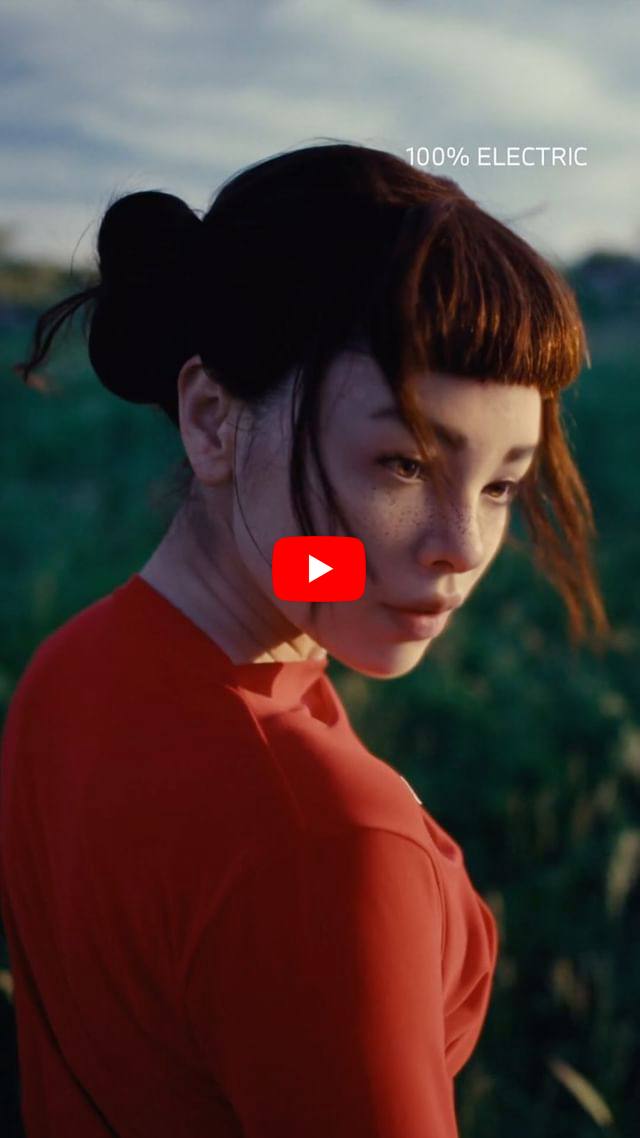|
For the past few years, specifically in Formula 1, we’ve seen the incredible rise of the creator economy. The supply of creators or influencers has grown massively due to the increase of popularity in Formula 1 – thanks to Drive to Survive and F1’s inspiring approach to social media since 2018. Likewise, the demand for creators and influencers from brands has grown enormously in the past year or two as well. The main reason for the latter is all down to the buzzword of all buzzwords, authenticity. Influencer marketing is a fantastic option for brands to deliver messaging in an organic, natural and authentic way. This is all because it taps into real people and real opinions and perspectives, but this is all about to change through artificial intelligence. Since the likes of ChatGPT became publicly available to the masses, the barrier to entry to use various machine learning tools reduced incredibly. This helped the creator economy as influencers could produce content quicker and more efficiently through generative AI on Photoshop, ChatGPT and many other platforms. But now, AI could completely change how we view influencer marketing – by replacing the influencer itself. Let me introduce you to AI influencers. In short, AI influencers are virtual characters or personas created using advanced computer generated technologies and machine learning. While AI deepfakes manipulate the speech and appearance of an existing person or model, AI influencers are a completely fabricated and manufactured individual – think Sonny from I, Robot. However, while these AI influencers don’t have the physical and emotional attributes of a real human influencer, they are created by teams of people aiming to model a realistic simulation of a human. Through this, AI influencers can be manufactured and programmed to attract specific demographics and build a focused and devoted audience of like-minded social media users. Therefore, any type of influencer from cartoon-based characters to sports fans can be created to accommodate any audience. Why this is interesting is it means brands can create whichever influencer they want to suit a certain marketing goal, rather than searching for ages to find a real, human equivalent. Now you may think this is all theoretical and something to possibly worry about in the next 10 years, but you’d be very wrong. AI influencers exist in strong numbers, and are already stealing significant business from human influencers. For example, here is Lil Miquela, an AI influencer with 2.5 million followers doing a piece of brand work with BMW promoting the new iX2: |
 |
|
So the power of AI influencers is demonstrated above, and it clearly has the ability to replace human influencers altogether. But what does the future hold? Is it all doom and gloom for influencers and content creators? Or is there a world where human influencers and AI influencers can co-exist? Well, firstly there are various benefits for brands if they choose to use AI influencers such as having complete creative control over what they say and do, no need for communication restrictions when deadlines get tight, the ability to seamlessly keep up-to-date with new trends and changes in social media algorithms, and consistency in branding across all channels and platforms. Understandably, brands are very attracted by the shortcuts and headaches avoided by adopting AI influencers for their marketing objectives. However, they are not without their shortcomings… The main drawback of AI influencers is unsurprisingly a lack of authenticity, there’s that word again… The artificial and fabricated nature of AI influencers of course means they do not resonate as much with human audiences, causing a disconnect between brand and customer. There’s also the enormous red flag around the trust in AI among the general public, with 70% of global senior leaders in media companies thinking that AI will weaken trust. However, it has to be said that we are still in the early stages of AI’s impact on the everyday Joe, and so as it becomes more commonplace in society and everyday life there is no doubt public trust around AI with strengthen. But… the future. What does it hold? Well, there is no denying AI influencers are here to stay given the considerable benefits for brands. However, there is strong reason to believe they won’t replace human influencers completely. The importance of genuine connections on an emotional level cannot be underestimated, and that is something AI influencers simply cannot do. For now at least. But likewise, the exponential growth in machine learning and artificial intelligence also cannot be underestimated. All you can do as an influencer is be yourself and hold true to individuality, one thing artificial intelligence cannot replace is what makes you, you. |
12 July 2024 / Insights
The Rise of AI Influencers – And What The Future Holds For The Industry
Author
Luke Francis -
Further Insights
- How Mastering Your Video Edits Can Create Engaging Content That Gets Noticed
- How To Make The Most Of Affiliate Programmes
- Formula 1 & Content Creators: Finding A Solution
- The Rise of AI Influencers – And What The Future Holds For The Industry
- What is Social Testing – And why is it crucial to your content plan?
- How to make great, authentic branded content that delivers

Telling authentic brand stories through the power of sport
Find Out More
Contact Us
